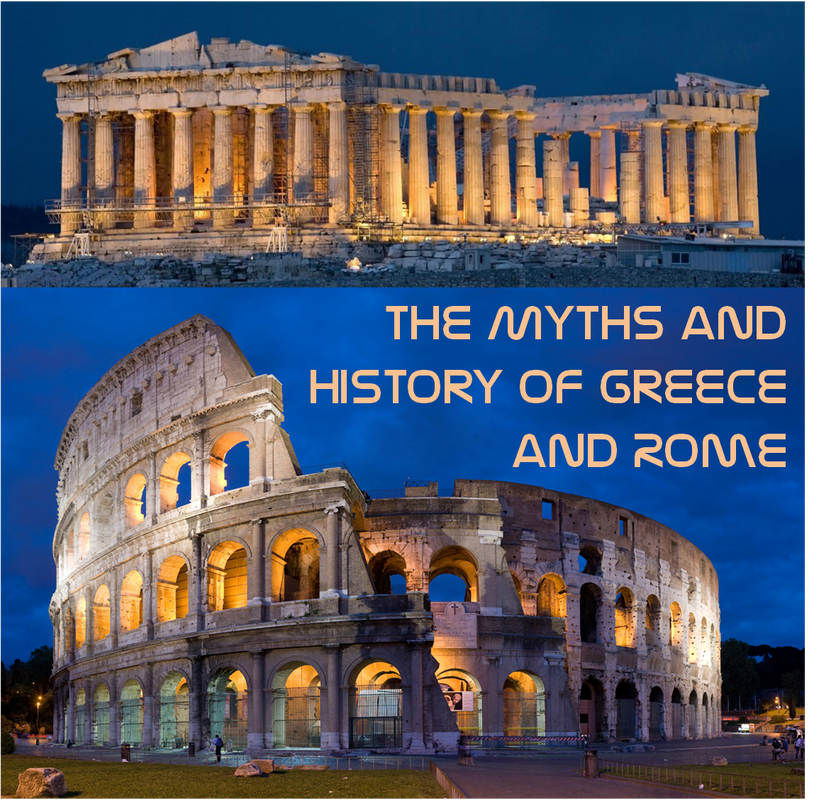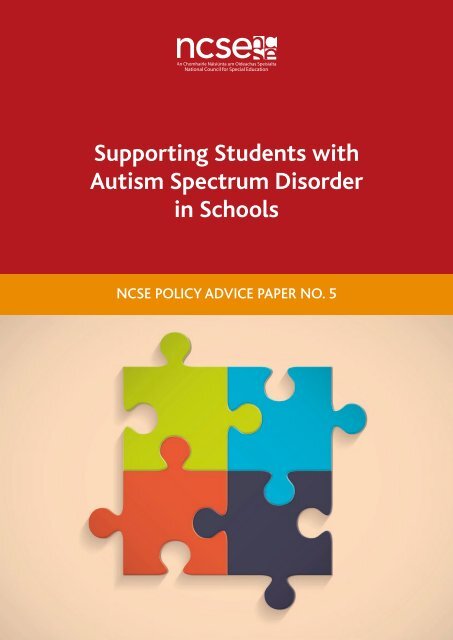Time: 90 minutes
Description

Course Summary This Civics Study Guide course provides effective lessons and self-assessment quizzes to help you quickly review material and test yourself on important civics topics. Volkmar's Weebly pages!:) I am looking forward to a great semester together. My email is: cvolkmar@wcpss.net For my current students in fall of 2020, please join my Remind.com class: 2nd period join code: @ 7fcbe49 3rd period join code: @3f4b72 4th period join code: @ 4389b8 . MrNussbaum.com is a kids website that features over 10,000 online and printable activities including over 400 games, tutorials, simulations, videos, interactive maps, research tools, and much more for kids ages 5-14. What it Means to be American: A Look at U.S. Randy Friedland from Deerwood Academy School. Location: Fifth Grade Social Studies. Description: The following unit explores the foundation of American civics. While the unit is rather compact, the lessons touch on various topics such as: the Preamble.
In this simulation, students are placed in an early agricultural society. Assigned to one of five villages, students deal with the conflicts that are generated by a drought. After villagers have an opportunity to plan their strategies and send out diplomats to other villages, leaders from the four villages meet to discuss, and eventually decide, their course of action for dealing with the drought.
Strand(s) and Expectations
Strand(s): Active Citizenship and Informed Citizenship


Overall Expectations
Civics Unit 5mr Volkmar's Course Pages Printable
ACV03 - demonstrate an ability to collaborate effectively when participating in group inquiries and community activities;
ICV.02 - compare contrasting views of what it means to be a “citizen”.
Specific Expectations
IC1.01 - explain the causes of civic conflict, and identify the need for decision making processes and structures (e.g., ensure individual and community needs are met, resolve conflict, adapt to change);
IC1.05 - identify similarities and differences in the ways power is distributed in groups, societies, and cultures to meet human needs and resolve conflicts (e.g., in families, classrooms, municipalities).
Planning Notes
Teacher reproduces copies of the worksheet provided in Appendix 1.1.1.
Teacher creates a second work sheet that will include a picture of a neolithic community. Boxes should be provided around the picture of the neolithic community and these boxes can be used to define key terms related to this activity such as “government”, “economics”, “social system”, “political system”, “citizen”, and “civics”.
Civics Unit 5mr Volkmar's Course Pages
Prior Knowledge Required
Group work skills as developed in the elementary program and the Grades 7 and 8 Geography and History courses.

Teaching/Learning Strategies
1. Students are instructed to create a section in their notebooks or a separate notebook that will be dedicated to creating the course culminating activity a Citizen’s Handbook. This handbook is to be a response journal. At different times during the course, students will be encouraged to write journal entries in response to prompts provided by their teacher. At the end of each unit, students will submit their response journals for evaluation. (See Appendix 3.5.2.)

2. The Teacher explains the two unit culminating activities (You Be the Arbitrator and Town Council Meeting) that will be used as an important means of evaluating student development. The rubrics that will be used to assess students’ performance are distributed and reviewed to provide them with an overview of some of the key skills.
3. The Teacher begins by organizing students into five villages located around the perimeter of the room. The central area of the classroom is used for the meeting that occurs later in this vital exercise. The Teacher and students read over the instructions provided on the handout entitled The River (Appendix 1.1.1). The teacher must ensure that students understand the basic water and mortality calculations that form a part of this exercise.
4. Students in each village are given an opportunity to select a leader, appoint one or two diplomats, and plan their individual strategies for coping with the drought. After diplomats have had an opportunity to visit other villages and to discuss strategies with the villagers in other locations around the room, a central meeting is held where village leaders are encouraged to discuss how to solve the drought. Villagers are given one last opportunity to meet with their leader before their leader must return to the central meeting and (in the order indicated on the handout) declare what their village intends to do in response to the drought.
5. Depending on the solutions that the students have developed, the outcome to this simulation may involve anything from an all out war to a peaceful strategy for resource sharing. Taking the outcome of this final meeting as a starting point, the teacher debriefs the simulation by leading a class discussion of what occurred in terms of leadership selection in each group, how strategies were devised and revised, what factors worked to promote conflict, what factors worked to promote co-operation, and discussing whether or not the simulation offered a realistic explanation of how things work among societies/nations in the world.
6. The Teacher leads class discussion exploring the issue of power and similarities and differences that may exist between how power was obtained and used in the valley relative to how power is obtained and used in other settings such as a classroom or a family. As a follow up to these discussions, teacher uses the second worksheet to define for students many of the terms that were implicit in the river simulation and that will be important in subsequent lessons (civics, citizenship, economic system, political system, government).
7. Students are directed to create an entry in their journal in response to a prompt such as the following: During the River Simulation, you were asked to become a citizen in an early human society. In terms of the distribution and use of power, explain why you think being a citizen in this society would have been basically the same or basically different from the one in which you live?
